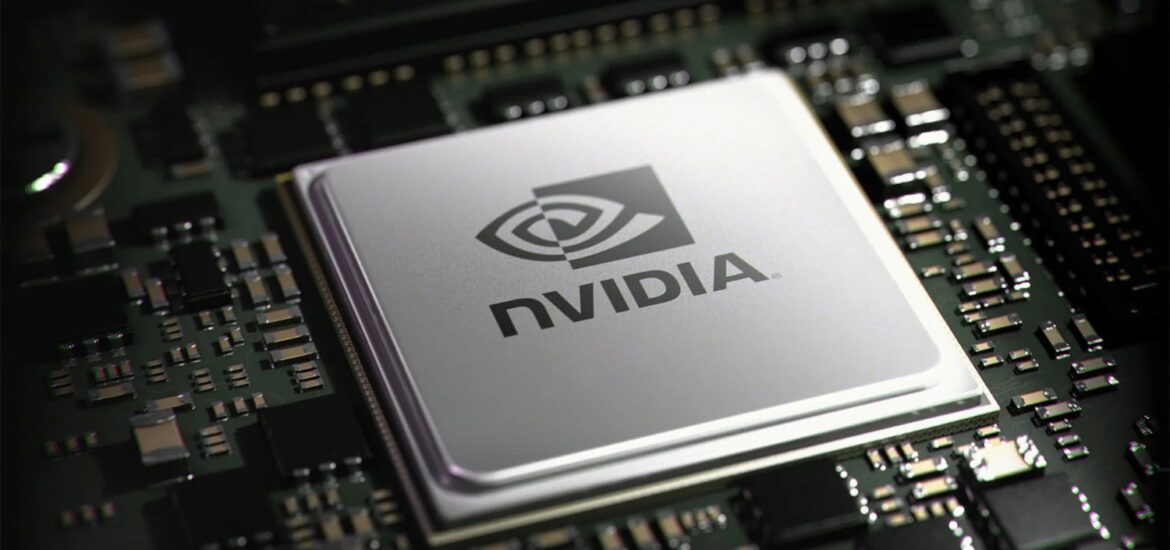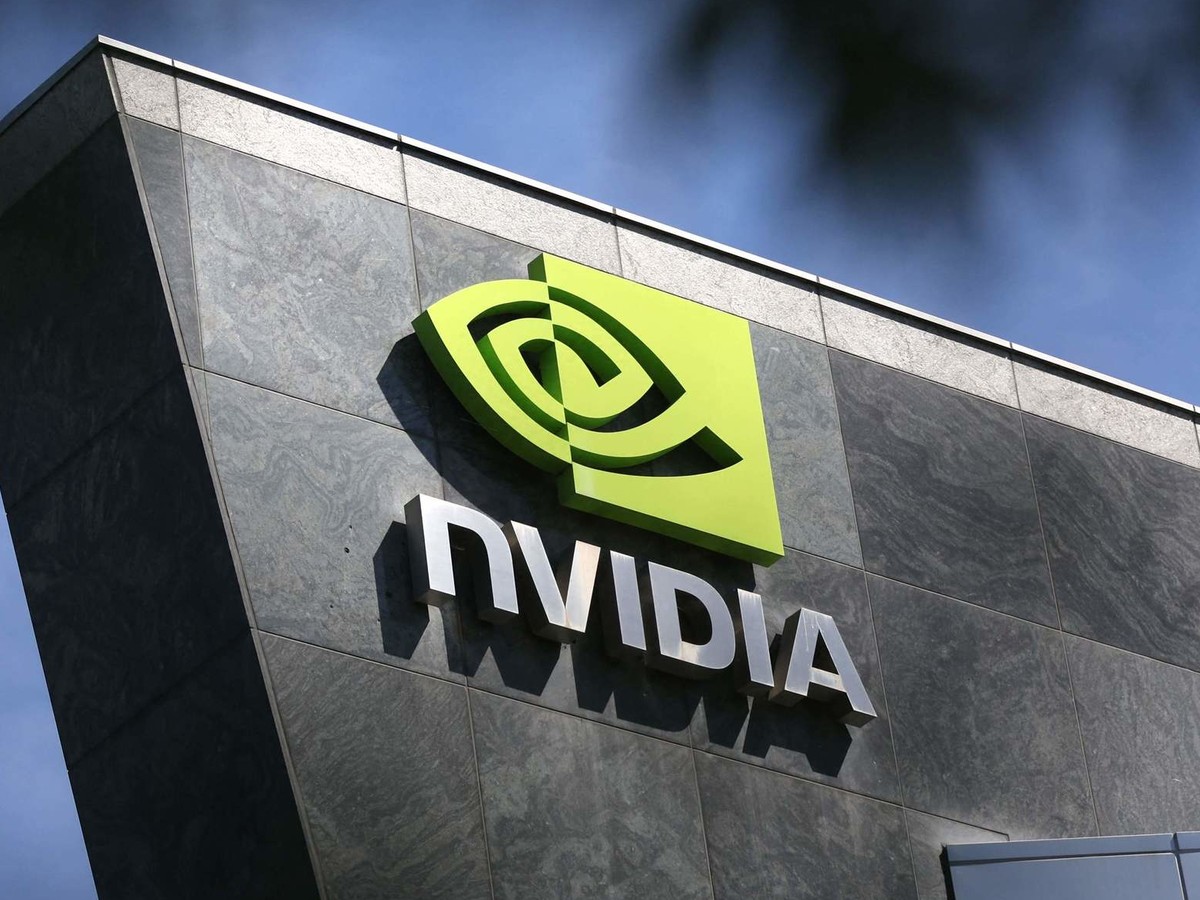Nvidia New Restrictions on Artificial Intelligence Chip Export: Global Implications
A New AI Chip Export Restriction Scenario
Further developments emerge in the field of artificial intelligence chips. An extended version of Nvidia's recent quarterly report revealed that the US government has introduced new restrictions on chip exports. China and Russia, but also Middle Eastern countries. Notably, the company is now required to obtain additional licenses to export a batch of A100 and H100 GPUs, crucial components for artificial intelligence, to customers that include unspecified Middle Eastern nations.
The Implications of the New Measures
The Bureau of Industry and Security (BIS), the department responsible for industry and security, communicated this new directive without providing specific details on the reasons that led to these restrictions. It is important to underline that the new measures are not to be considered a total block on chip sales in the Middle Eastern region, as stated by a BIS spokesperson.
 The alert: Potential Circumvention of Restrictions
The alert: Potential Circumvention of Restrictions
The new restrictions may be a response to fears that some nations may evade a ban on direct export chip sales to China by acting as intermediaries on behalf of Chinese companies. This aspect is particularly relevant in a context in which the artificial intelligence sector is continuously expanding. The Influence on AMD and the GPU Industry
The scope of the restrictions appears to extend beyond Nvidia. Reports state that AMD has also been the subject of similar communications regarding export restrictions on certain products. This indicates that the US government is implementing a broader approach towards controlling the export of AI chips.
The Economic Impact and Collaboration with the Government
The importance of the A100 and H100 GPUs within Nvidia's business cannot be understated. They represent a significant portion of their business, especially in a context where AI is revolutionizing several industries. Nvidia said it is working closely with the US government to address this situation and ensure compliance with the new restrictions.
Conclusions
The introduction of new restrictions on the export of artificial intelligence chips by the United States will have a significant impact on global industry and trade. The implications of these measures extend beyond national borders and require careful and collaborative management between technology companies and government authorities. The situation remains evolving and it will be interesting to see how the industry adapts to this new dynamic of controlling exports of critical AI components.








